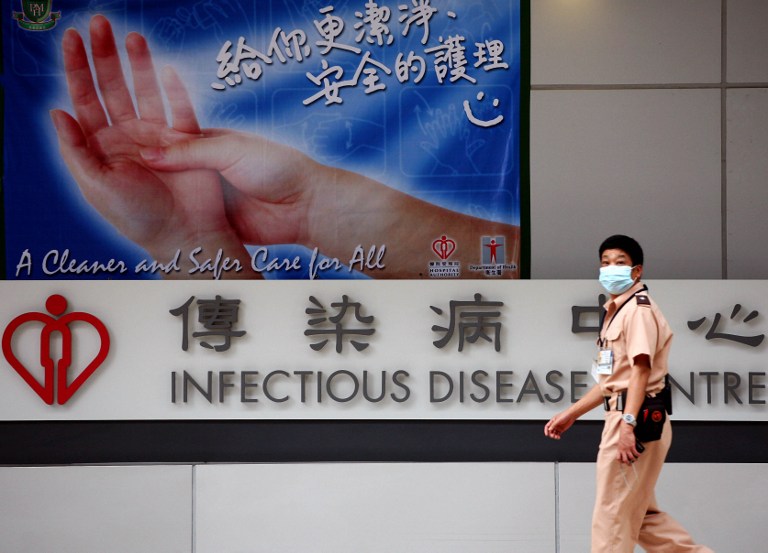Hong Kong health authorities confirmed on Friday a second human case of H7N9 bird flu this winter, four days after they reported the first bird flu death this winter.
The 70-year-old with underlying illnesses visited Shenzhen and Zhongshan in Guangdong province on December 13 and returned to Hong Kong through Lo Wu on December 16, the Centre for Health Protection said.

He sought medical help on Tuesday, after developing a cough with sputum, shortness of breath, runny nose and chest discomfort. The patient was admitted to isolation ward the following day.
He tested positive for the H7N9 virus on Thursday, but is in stable condition and has been transferred to Princess Margaret Hospital for further management.
The source of infection is under investigation. The patient said he had come across mobile stalls selling live poultry in Zhongshan, and purchased a chilled chicken from a shop near a wet market in Kwun Tong last Thursday.
The Centre said that those who live with the patient have remained asymptomatic but have been put under medical surveillance. It is tracing the patient’s other contacts in Hong Kong.

The case will be reported to the World Health Organization as well as to the national, Guangdong and Macau health authorities.
The Centre said the spread of bird flu is expected to increase in the winter. It urged the public to avoid touching poultry and their droppings, as well as visiting poultry markets and farms during travel.
This is the second bird flu case this winter and the 18th imported H7N9 case confirmed in Hong Kong. A 75-year-old man died last Sunday after testing positive for the H7N9 strain of bird flu, a week after he was tested positive for the virus.
Since 2013, the Chinese government has reported at least 783 H7N9 infections. Similar cases in Zhejiang, Jiangsu and Fujian provinces have been detected since last month, while cases of H5N6 – another bird flu strain – were found in Hunan and Guangxi provinces.
Earlier this month, Macau banned the sale of live chickens for three days after confirming its first human infection with H7N9 bird flu.
